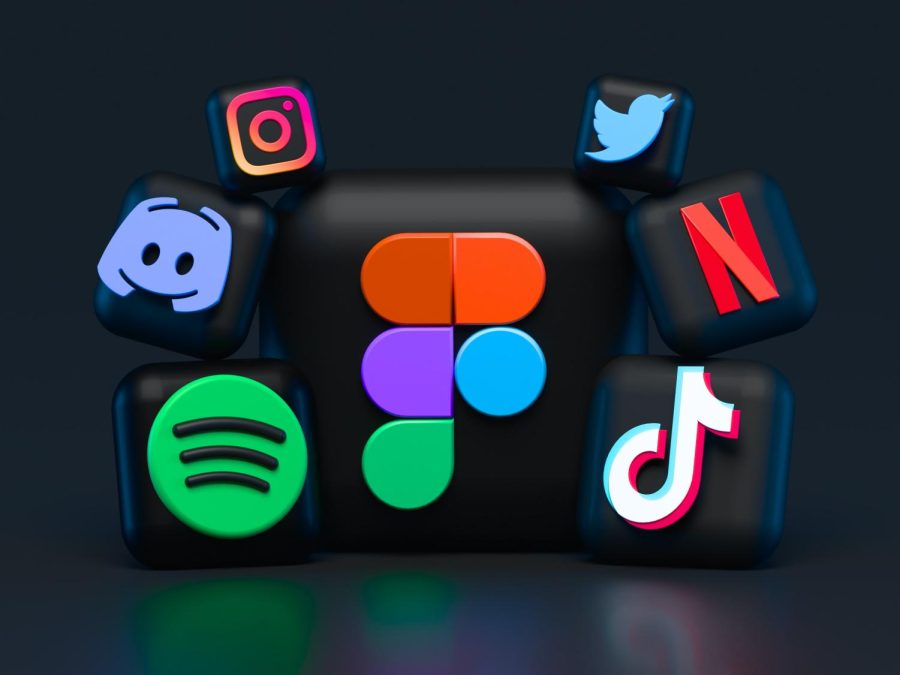Social Media and its Benefits
Photo by Alexander Shatov on Unsplash
February 6, 2023
This is the first part of a multi part series about social media and its impact on student life.
Social media has been the subject of endless unanswerable discourse ever since its introduction into mainstream society several decades ago, with said discussion revolving around a conversational pros-cons list and superfluous anecdotes of a bygone time. However, unwontedly commented on in favor of more gripping news, social media has its benefits to the average, seemingly phone-obsessed, teen as well. A primary concern that many parents have, and rightfully so, with the rise of social media and the like among teenagers as well as increasingly younger ages is the apparent collective cyberbullying. However, many accounts on social media dispel these rumors. While it is important to acknowledge that bullying does still take place and that it is a major problem among all generations, social media’s advantages greatly outweigh the disadvantages.
Due to social media’s ever-increasing popularity, many parents feel as though it is furthering the disconnect between them and their children, only adding another distraction into an integral relationship. However, there are many accounts on social media that spread joy and cultivate discussion about deep topics that many young people today feel uncomfortable talking about, and often dance around what they truly want to express. One account in particular interviews college students about hard-hitting topics, such as “the last time [they] cried” or “[their] biggest insecurity.” These posts often spur positive and healthy discourse in the comment section, providing help to those struggling with the same problem, and allowing the user behind the screen to relate to not only the person in the video, but also the, often, thousands of other commenters sharing their stories. Allowing for teenagers who feel as though they are struggling to open up about their problems, either with others online or themselves, these accounts and types of posts provide a sense of security on social media that some teenagers do not believe they have offline.
Social media, and many forms of modern electronic entertainment, have long been linked to America’s rising obesity and other health-related issues, yet social media is not complicit to this trend. Providing content that ranges from nutrition to strength-training, many accounts have gained mass followings among those in the fitness community. These accounts actively fight against health issues, explaining and demonstrating exercises and recipes that those wanting to become more able-bodied can utilize themselves. Many of the influencers behind these accounts also promote healthy discussions in the comments, where many users will support each other on their journey to whatever desires they should possess, as well as offer advice for those following in well-trodden footsteps. Other accounts encourage health as well, be it mental or physical. Many users promote ways to take proper care of your mental health, motivating people to take breaks when studying, scrolling, or any other intensive activity. There are also medical professionals who helm prominent accounts that provide details on skincare, flexibility, and a wide variety of other topics.
The eternal struggle between tech-centric teens and cautionary parents will only stay ablaze as social media becomes a sticking point in many lives across the globe, yet hopefully this brief discussion of a fraction of its benefits can add a more valuable log to the fire.

